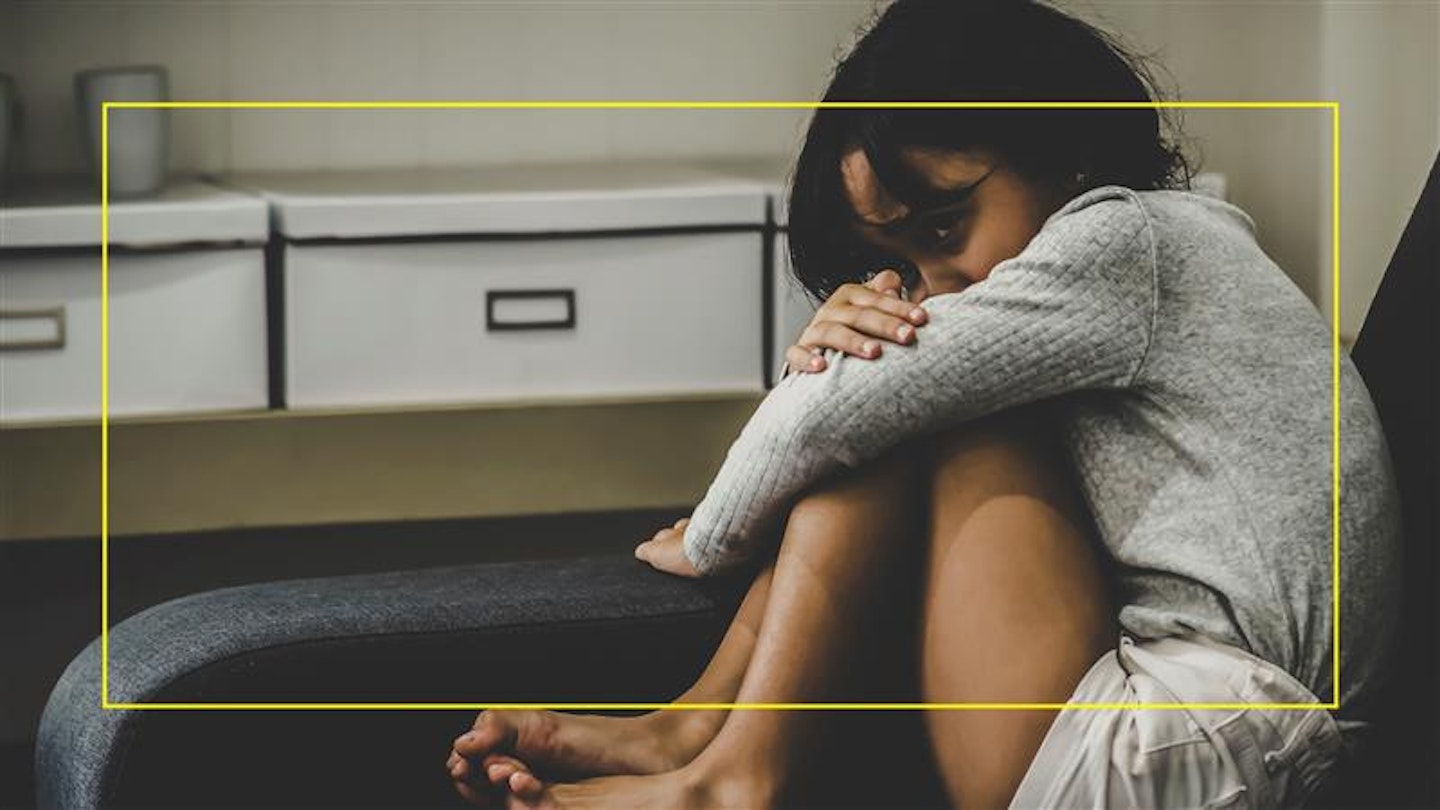Last month it was revealed that Wales had joined Scotland and 62 other countries in introducing a ban on people smacking and slapping their children, removing the defence of ‘reasonable punishment,’ that has been around since the Victorian era.
The deputy minister for social services, Julie Morgan, campaigned for the change in law for two decades and described the move as ‘an historic moment for children and their rights in Wales as we make physically punishing children a thing of the past.’ Calls have been made for England to follow suit.
At present English parents can carry out ‘reasonable chastisement’, as long as it doesn’t leave bruises or cuts – but from my experience, as someone who was smacked by both my parents, you can still smack a child fairly hard without doing this. And, knowing the lasting damage it has done to our relationship, it feels archaic that we’re still allowed to punish children in this way.
A survey by YouGov taken in 2021 showed that overall smacking leads to poorer behaviour in children and is ultimately harmful, yet it’s still something huge numbers of people have experienced. Of the adults surveyed 83% revealed that they’d been physically punished as a child, with 11% saying they’d been punished regularly. Only one in eight people said they’d never been physically punished by their parents.
Perhaps unsurprisingly, older generations were more likely to have been smacked or slapped – which could go some way to explain why people of my parents’ generation, who are now in their early seventies, thought it was acceptable to hit their children.
But I still find it shocking. When a parent hits a child – which is what it feels like for a small person whether you call it ‘smacking’ – there is a huge power imbalance at play. That child will never be able to fight back and they’re not able to remove themselves from the situation.
The most common reason for my parents smacking me or my siblings would be repeatedly not doing what we were told. Whether that would be running into our garden when it was time for bed or throwing our food on the floor in a tantrum instead of eating it. It happened from the time I was about three up until the age of around eleven when, after a heated argument because I’d ‘borrowed’ some of Mum’s make-up, she smacked me and screamed in her face so loudly she never dared do it again. I can still picture the look in her eyes now, knowing that I’d realised her behaviour wasn’t acceptable – no matter how annoying I was.
Being smacked hurt both physically and emotionally and it left me with a visceral dislike for both of my parents. While it was fairly common within my friendship group and at the time widely socially acceptable, I was aware it wasn’t something everyone’s parents agreed with and therefore I spent much of my childhood bitterly jealous of people whose parents seemed calmer and kinder than mine.
The result was a relationship tinged with fear, which led to distrust in what should be a safe and nurturing environment. Children deserve to feel safe in their homes. What’s more, a study by University College London found that children who have experienced smacking by the age of three were more likely to experience mental health and behavioural problems as they entered their teens. This is something I can relate to – by the time I was 14 any respect I could have had for my parents had evaporated and whether it was staying out too late, or smoking with my friends, I tried anything I could to get under their skin and show them they wouldn’t be the boss of me anymore.
We live in a world where we’re increasingly open about what it feels like to experience violence and the damage it can cause, yet it feels like smacking is a taboo which is still swept under the carpet. Another recent study found that 49% of people generally still think it’s OK to smack children, with 45% of those with children under 18 think it should be allowed, which I think implies it’s something that still goes on behind closed doors.
Maybe if people start questioning it – or openly admitting to smacking their children – they would struggle to justify why they don’t educate themselves on better ways to resolve conflict and smarter ways to teach their children.
While my dad has never spoken about it, I know my mum feels deeply sorry for smacking me and my siblings, and she’s told me so on multiple occasions. It’s a tricky thing to understand, because while I don’t want her to live the rest of her life atoning for something she clearly has very real remorse for, on the other I find it difficult to fully forgive.
It's particularly hard because the placid, often nervous woman she has grown into in her elder years is someone who is at odds with the type of person who smacks their child. Whenever I think about it, I feel angry with them both for punishing up that way.
While I don’t have children yet myself, when I look at the children in my life – family members, friend’s children – the idea that anyone could smack them makes me feel sick. Within my social circle, I have only one friend who uses physical punishment to discipline her children and to see the terror in their eyes when she does it is enough to know it’s not right.
Some people may take the defence that people can do what they like with their own children, which I suppose is right if you believe children are something you own, rather than people in their own right, who need to be protected and nurtured. But I will welcome the day when England finally outlaws this outdated practise.
